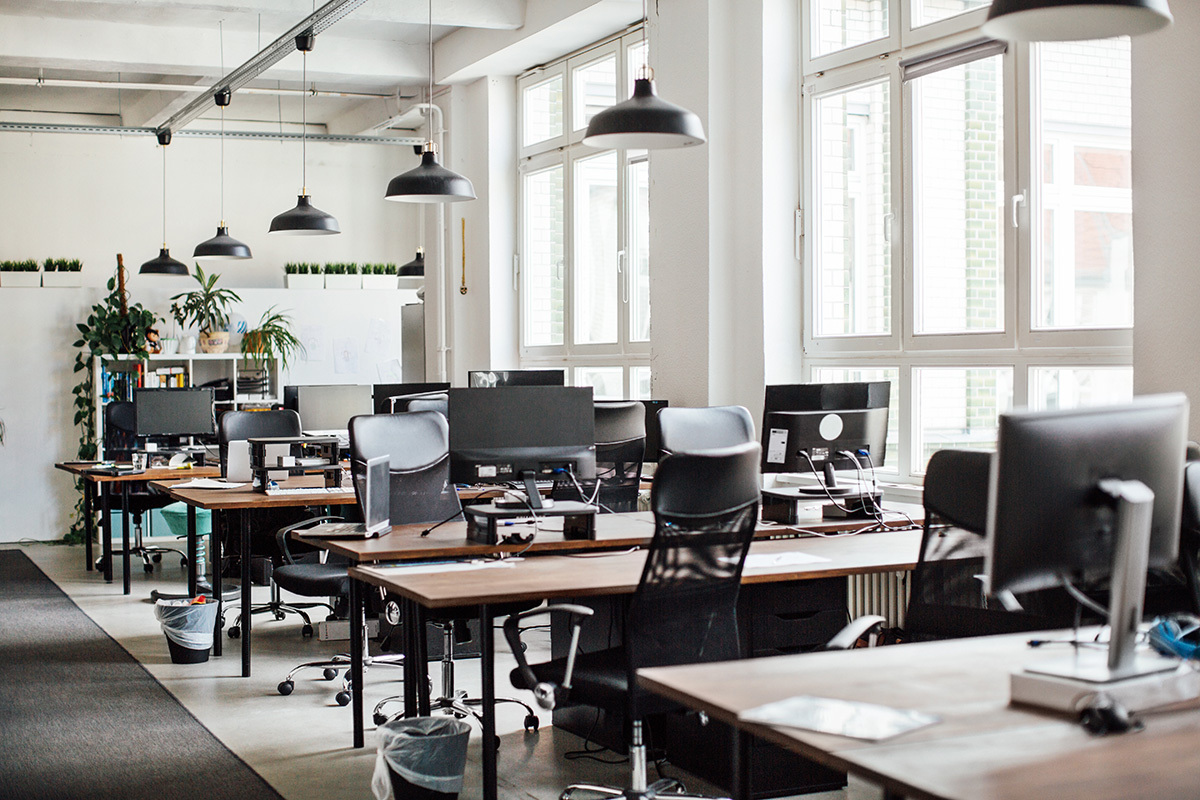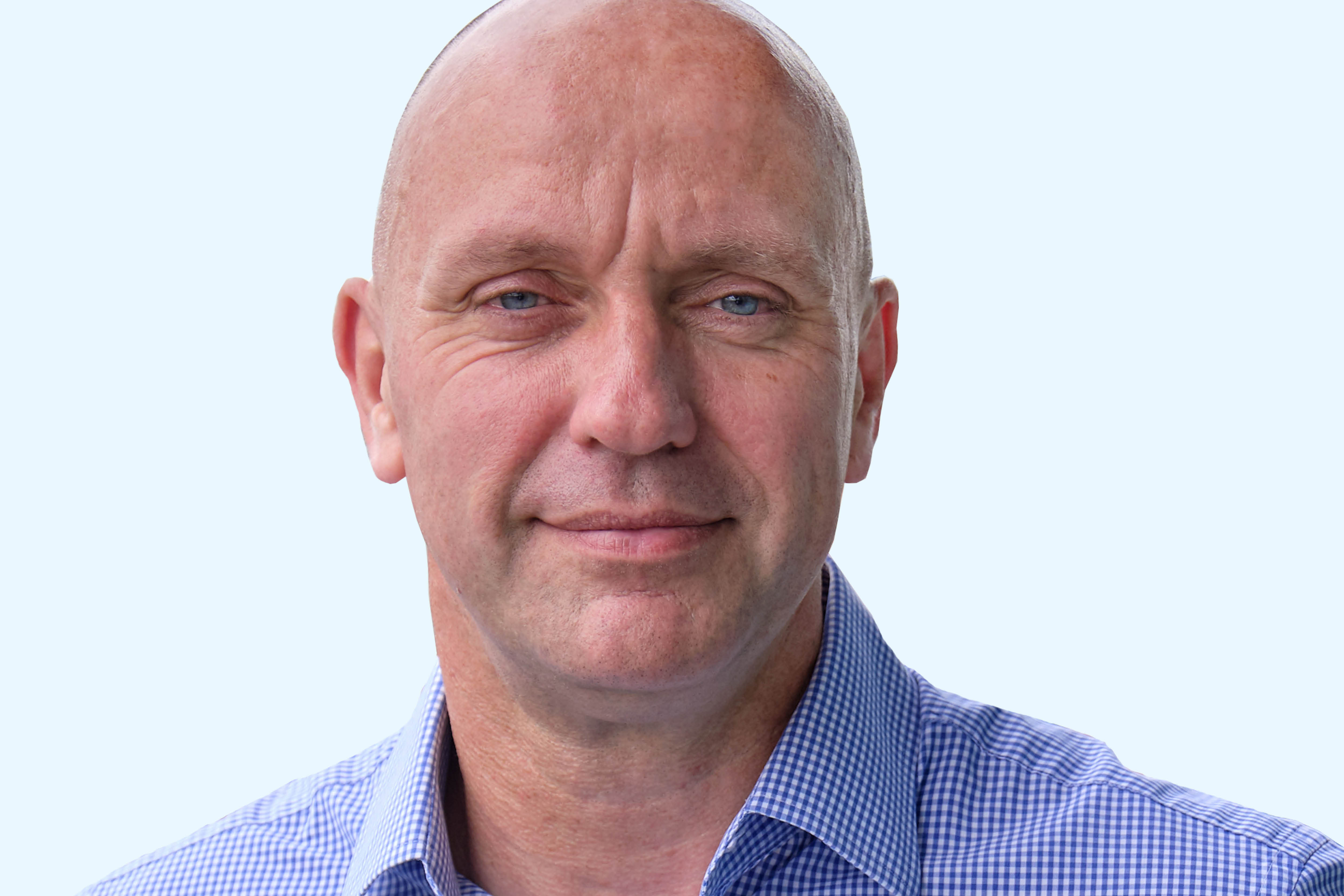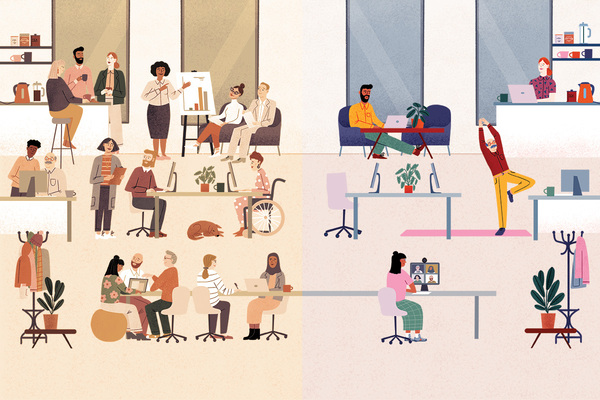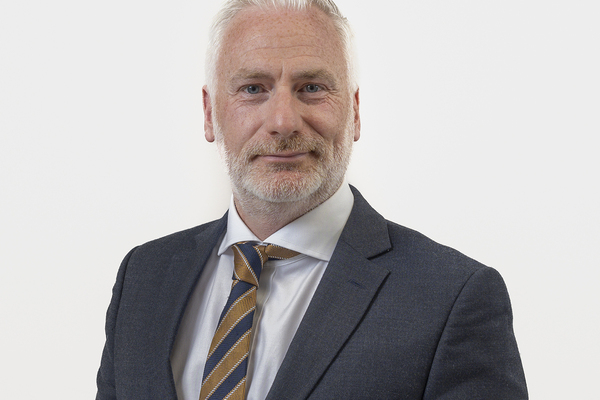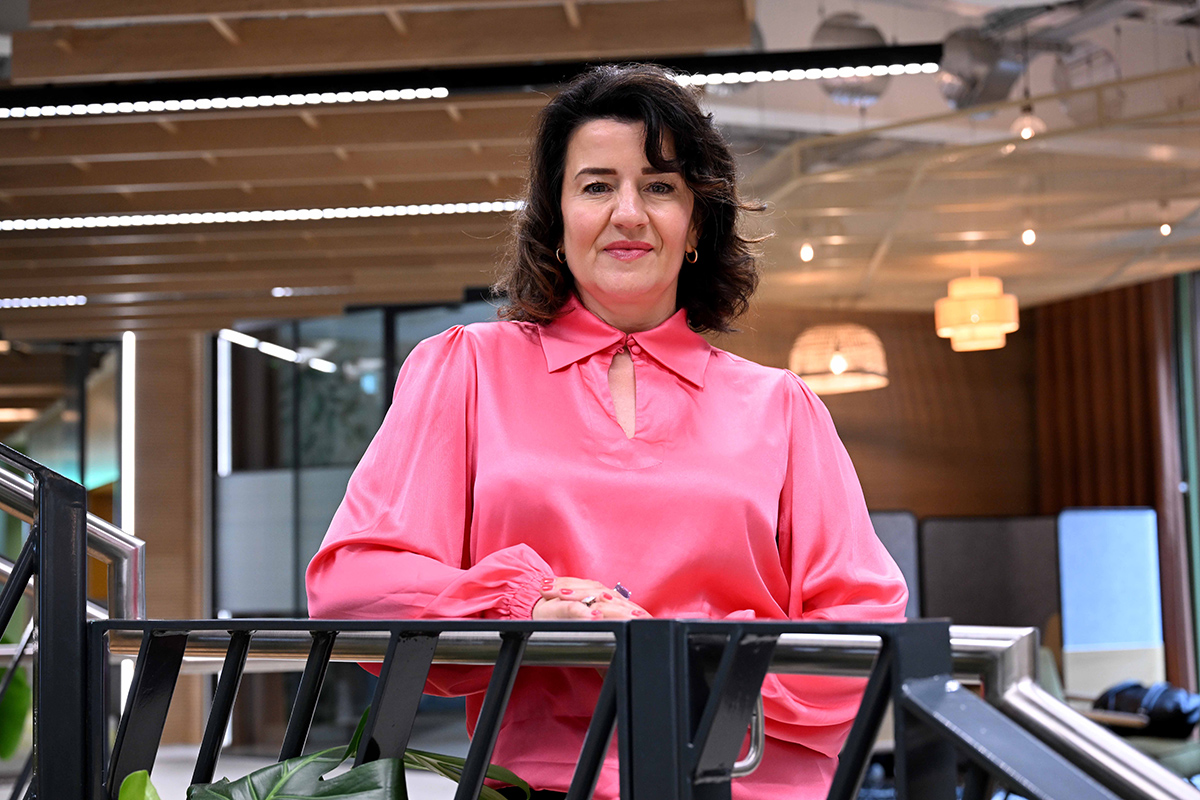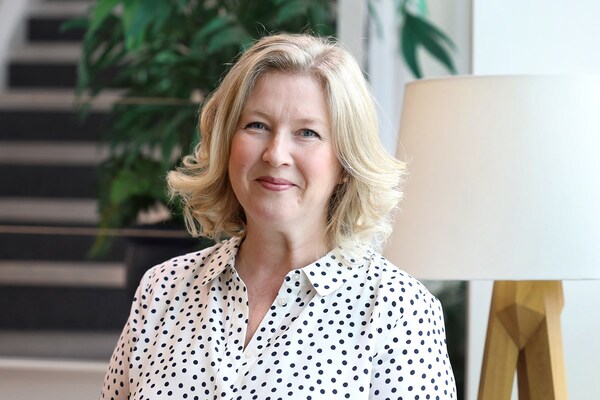You are viewing 1 of your 1 free articles

How we think about HR should profoundly affect social landlords’ behaviour in a post-pandemic world
When it comes to HR and organisational development teams, there are big questions that will need to be answered in the post-pandemic world, such as what the office of the future should look like, argue Gera Patel and Ian Wright
As time has passed since the coronavirus pandemic first lurched into view last spring, there has been a growing sense that the world we return to will not operate in quite the same way as the world we left. The ways that we all work are central to that; and if you are an employer, now is the time to think seriously about how you structure your organisation.
How should we attempt to digest what we’ve all been through since March 2020? How much of what has changed will just become a distant memory? And how much will mark a moment in time, from which there is no turning back?
As the world – to a greater or lesser extent – starts to return tentatively to some kind of stability over the remainder of this year, organisations of all sizes are having to come to terms with how the past 15 months have changed how they operate.
When it comes to HR and organisational development teams, there are big questions that will need to be answered: what will the office of the post-pandemic world look like? How should we think about productivity when our understanding of work-life balance has shifted? How can people bring their whole selves to work now that we’ve all seen into each other’s living rooms? And how can we maintain united teams when some people can operate remotely and others need to be on site?
To try to answer some of these questions, Campbell Tickell and the Disruptive Innovators Network commissioned a report looking at the future of people services functions in light of the coronavirus pandemic.
We spoke to HR and organisational development professionals, consultants, leaders and managers from different disciplines and in both the public and private sectors – including housing, health, local government, retail and tech – to piece together a picture of what this new landscape might look like and what we can learn from our collective experience.
“Doing things the way we have always done them will not be an option if you want to recruit and retain talent”
What we found has been illuminating and should provide important lessons for people in the housing sector and beyond. Our top 10 recommendations (see below) are a set of good practice guidelines for responsible and proactive employers, but the report itself is also essential reading for any leader who wants to keep up with a world of work that is changing faster than ever before.
One of the key messages that came through loud and clear in our research is that no employer can afford to stand still. Doing things the way we have always done them will not be an option if you want to recruit and retain talent.
Another lesson the pandemic has taught us is that if we want – or need – to change, we can do it quickly. Organisational development and HR teams need to harness the can-do spirit that emerged in response to lockdown to make the kind of fundamental changes that can make them not only better employers but also better, more efficient businesses for their customers.
One recurring theme throughout our research is that the role of the people function has evolved. This may have been happening in any case, but the pandemic certainly accelerated it. Contributors to our report consistently stressed how the leadership and HR functions of organisations needed to develop a more symbiotic relationship with one another.
This could mean bringing more HR people onto executive teams so that they can influence the organisations strategic thinking and decision-making. However the change is brought about, there has to be recognition that looking after their people is something that employers have to put front and centre of ‘the new normal’.
“The remote working revolution brought about by the pandemic has not only made us more aware of the reality of each other’s lives, it has also shown all too clearly the inequalities in our society”
In practice, this shift in how we think about HR could and should have profound effects on how organisations behave.
For one thing, employees’ well-being should not be seen as an optional extra but absolutely central to how organisations structure their working practices. This has an impact on everything from office layout, to core working hours, to the employee value proposition and expectations around productivity. In essence, if the line between ‘work’ and ‘home’ is dissolving, responsible employers have a duty to rethink what they ask of their staff.
One area where this collapse of the distinction between our working and home lives must make a difference is in how we think about diversity and inclusion. The remote working revolution brought about by the pandemic has not only made us more aware of the reality of each other’s lives, it has also shown all too clearly the inequalities in our society.
It is clear that remote working does not create a level playing field. If anything, the inability to go to our places of work has entrenched some of the inequalities that we may have known about, but which weren’t always visible in an office environment.
If there is one message above all else that we must hear as a result of the past 15 months, it is that we need to rethink diversity so that it is an output of what organisations do, not an input. In other words, inclusion comes from truly understanding what creates inequalities both within the workplace and outside, rather than from instituting tick-box policies.
As one of our contributors put it, this would be “the ultimate change programme”, but she added that employees’ response pandemic has shown us how fast we can act when we put our mind to something and “it begs the question what other things could we have speeded up if we really wanted to?”
Top 10 recommendations for the new world of work
- HR and people teams need to be brought into organisations’ strategic thinking from the very start. Processes within that function need to be designed from the bottom up, so that they match the ‘real world of work’ in which employees now operate.
- Organisations should be cautious about making major strategic decisions based purely on the past 12 months and the fall-out from the pandemic. Think ahead five years to what the world of work will look like and how you want to position your organisation and the people within it. No you won’t have all the details, but that long-term vision to aim for is very important.
- The office is not dead, but it will change. Use this as an opportunity to imagine new ways to use the same space to enhance employee engagement. Think of the areas where you want people to come together physically to collaborate and design spaces that support this.
- Meanwhile, avoid creating a two-tier system between those who can and cannot work from home. Design a system of benefits that works for every employee’s situation and does not discriminate, so that those, for example, who are unable to work from home are not ‘punished’ by spending more time commuting.
- The concept of surveillance-style management should be phased out and replaced by a system of mutual trust between manager and employee. But be careful to understand what systems and processes you are replacing to understand how the work is now getting done and what the signs are that your team and employees’ well-being is being impacted. If you’re looking to introduce people or workplace analytical tools, this should start with a conversation with those likely to be affected so that they understand what is being done, why it’s being done and how it will be used to support them do their jobs.
- Training around how to spot burnout and how to manage well-being should become essential for all leaders and everyone within HR/people functions.
- Employers need to rethink productivity goals to make them reflect a more blended approach to work. This does not mean lowering expectations but, for example, making sure that targets are more flexible as a worker’s personal circumstances change.
- Salary will not be the most important thing when it comes to recruitment and retention, so organisations must be imaginative and flexible when designing reward packages to attract talent. Flexibility around where and when to work will become ever more desirable.
- Diversity and inclusion should be seen as an output rather than an input. Organisations must invest time and resources to understand why they have diversity problems and only then decide how to fix them.
- Data will become increasingly important to tackle these and many other problems at an organisational level. Data collection must be rigorous and data analysis should be front and centre of strategic planning. Start by collating what existing data your business already holds that can help you understand what is happening in the organisation.
Gera Patel, partner, Campbell Tickell; and Ian Wright, chief executive, Disruptive Innovators Network
